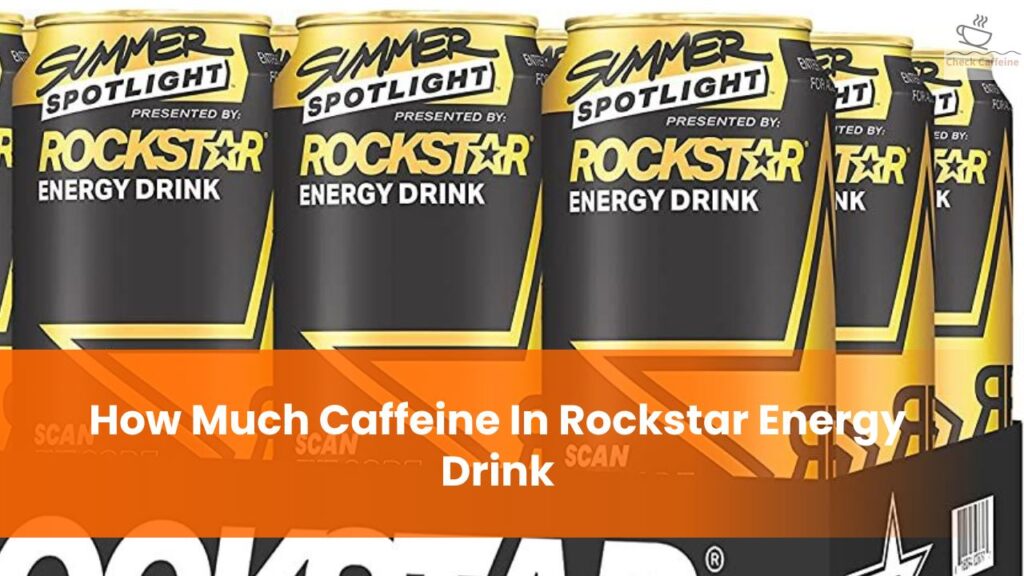

Luckily, many energy drink manufacturers are now making products that are either lower in sugar or have eliminated it altogether. One study reported that drinking one or two sugar-sweetened beverages daily was correlated with a 26% higher risk of type 2 diabetes ( 15). These blood sugar elevations have been associated with increased levels of oxidative stress and inflammation, which have been implicated in the development of nearly every chronic disease ( 12, 13, 14).īut even people without diabetes may need to be concerned about the sugar in energy drinks.

Most energy drinks contain a sizable amount of sugar.įor example, one 8.4-ounce (250-ml) can of Red Bull contains 27 grams (about 7 teaspoons) of sugar, while a 16-ounce (473-ml) can of Monster contains about 54 grams (about 14 teaspoons) of sugar.Ĭonsuming this much sugar will cause anyone’s blood sugar to spike, but if you have difficulty controlling your blood sugar or have diabetes, you should be particularly cautious with energy drinks.Ĭonsuming beverages sweetened with sugar, like most energy drinks, leads to blood sugar elevations that can be bad for health, especially if you have diabetes. Several people have developed heart problems after consuming energy drinks, possibly due to drinking too much caffeine or mixing energy drinks with alcohol. This seems reasonable, since many of the people who suffered serious heart problems after drinking energy drinks were consuming more than three energy drinks at a time or also mixing them with alcohol.Īlthough you may need to be cautious about using energy drinks if you have a history of heart disease, consuming them occasionally and in reasonable amounts is unlikely to cause heart problems in healthy adults with no history of heart disease. Most experts believe that heart problems associated with energy drink use occur as a result of excessive caffeine intake. One review showed that energy drink use has been implicated in several cases of heart problems, which required emergency room visits ( 8).Īdditionally, over 20,000 trips to the emergency department are associated with energy drink use every year in the US alone ( 9).įurthermore, multiple studies in humans have also shown that consuming energy drinks may increase blood pressure and heart rate and decrease important markers of blood vessel function, which could be bad for heart health ( 10, 11). However, there are also concerns that energy drinks may contribute to heart problems. Research indicates that energy drinks can improve brain function and help you stay alert when you’re tired. They contain a combination of caffeine, sugar, vitamins, amino acid derivatives and herbal extracts. Herbal extracts: Guarana is likely included to add more caffeine, while ginseng may have positive effects on brain function ( 1).Įnergy drinks are designed to increase energy and mental performance.Both are naturally produced by the body and have roles in several biological processes. Amino acid derivatives: Examples are taurine and L-carnitine.B vitamins: Play an important role in converting the food you eat into energy your body can use.


Sugar: Usually the main source of calories in energy drinks, although some do not contain sugar and are low-carb friendly.A few of the most common ingredients other than caffeine are listed below: This table shows the caffeine content of some popular energy drinks:Īll caffeine information in this table was obtained from the manufacturer’s website or from Caffeine Informer, if the manufacturer did not list caffeine content.Įnergy drinks also typically contain several other ingredients. However, the amount of caffeine differs from product to product. Nearly all energy drinks contain the ingredient caffeine to stimulate brain function and increase alertness and concentration.
#Rockstar energy drink caffeine amount full
Red Bull, 5-Hour Energy, Monster, AMP, Rockstar, NOS and Full Throttle are examples of popular energy drink products. Energy drinks are beverages that contain ingredients marketed to increase energy and mental performance.


 0 kommentar(er)
0 kommentar(er)
